Featured
- Get link
- X
- Other Apps
How Soon After Exposure Are You Contagious
This is because you could start to develop symptoms within two to 14 days after exposure and can still be contagious before you even develop symptoms Dr. How soon after Im infected with the new coronavirus will I start to be contagious.
 How Long Are You Contagious With Covid 19 Uc San Diego Health Youtube
How Long Are You Contagious With Covid 19 Uc San Diego Health Youtube
If you are likely to become contagious one to two days before developing symptoms then on average you will become contagious three to four days after being infected with the Covid-19.

How soon after exposure are you contagious. This is because you could start to develop symptoms within two to 14 days after exposure and can still be contagious before you even develop symptoms Dr. This is because you could start to develop symptoms within two to 14 days after exposure and can still be contagious before you even develop symptoms Dr. Augusta Georgia restaurant owner offers job to burglar who broke into his business.
61 years experience Internal Medicine Coronavirus. The only way to be sure youre no longer spreading COVID-19 is. Anyone who has had close contact with someone with COVID-19 should stay home for 14 days after their last exposure to that person.
But some people may remain infectious for longer. In a study of 100 index cases no secondary transmission was observed among close contacts whose exposure started 6 days or more after cases developed symptoms. By 12 days after exposure the majority of people who are going to have symptoms will have begun to experience them.
Narasimhan mentions a paper from China that suggests sicker patients may be contagious for up to 21 daysalthough it should be noted that details of this study arent yet fully. The CDC identifies a close contact as someone who was within 6 feet of an infected person for at least 15 minutes starting from 48 hours before illness onset until the time the patient is isolated. For example Dr.
On the other hand research suggests that people who are infected with SARS-CoV-2 the virus that causes COVID-19 are at their most contagious in the 24 to 48 hours before they experience symptoms. The best way to protect yourself and others is to stay home for 14 days if you think youve been exposed to someone who has COVID-19. I wanted to relieve fears of those who may be nervous that their immune system will act up or something of the sort for me this was easy and definitely the right decision.
Researchers point out two things however. Harvard Health studies have found that you are most contagious in the early stages of the disease but you probably remain contagious for at least 10 days after your start to experience symptoms. The most infectious period is thought to be 1 to 3 days before symptoms start and in the first 7 days after symptoms begin.
Answered on Jul 18 2020 1 doctor agrees. A person can pick up and carry this virus within appropriately 2 to 14 days have no symptoms but infect others during that time. The Centers for Disease Control and Prevention recommends that you stay home until 14 days after last exposure and maintain social distance at least 6 feet from others at all times A person who has the virus may be contagious 48 to 72 hours before starting to.
Newer research is indicating after the first shot those who have had Covid and then gotten vaccinated may only need 1 shot and are protected within days. The time from exposure to symptom onset known as the incubation period is thought to be two to 14 days though symptoms typically appear within four or five days after exposure. Researchers estimate that people who get infected with the coronavirus can spread it to others 2 to 3 days before symptoms start and are most contagious 1 to 2 days before they feel sick.
But you would still expect there to be a few days between the time a person is exposed and infected and the time they begin actively shedding virus. Fauci Says This Is How You Know Youre Contagious. This of course depends on the type of exposure.
Prior reports have described transmission of SARS-CoV-2 from asymptomatic or presymptomatic individuals NEJM JW Infect Dis Mar 2020 and N Engl J Med 2020.
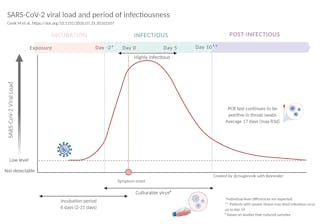 Covid 19 When Are You Most Infectious
Covid 19 When Are You Most Infectious
 Charting A Coronavirus Infection The New York Times
Charting A Coronavirus Infection The New York Times
:max_bytes(150000):strip_icc()/770308-article-flu-incubation-period-011-5a58d4e54e46ba003782a6a2.png) How Long Is The Flu Contagious
How Long Is The Flu Contagious
 How Contagious Is The Cold And Flu
How Contagious Is The Cold And Flu
How Long Am I Contagious Covid 19 Vs Flu Vs Common Cold Des Moines Iowa Ia Mercyone
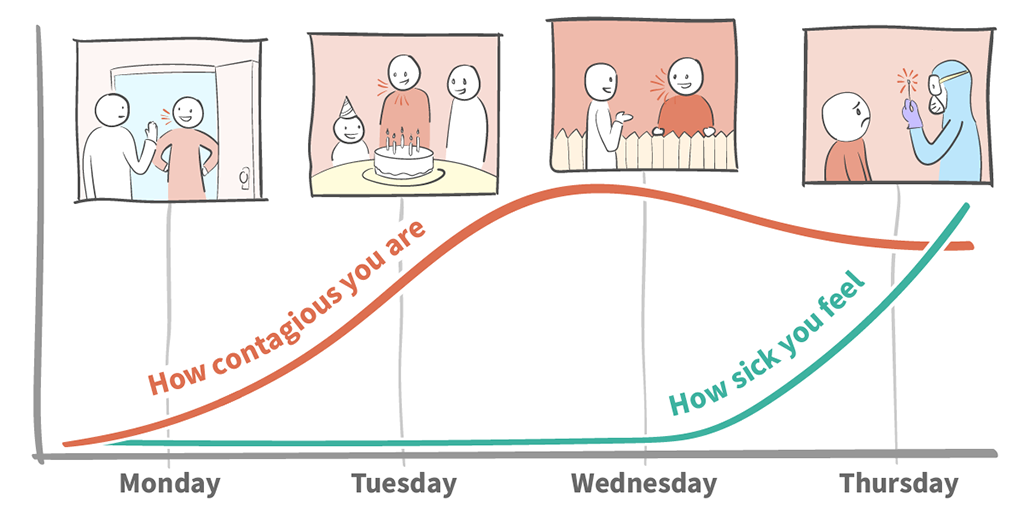 How Long Before Symptom Onset Is A Person Contagious Mit Medical
How Long Before Symptom Onset Is A Person Contagious Mit Medical
 Quarantine And Isolation Infectious Diseases And Vaccinations Thl
Quarantine And Isolation Infectious Diseases And Vaccinations Thl
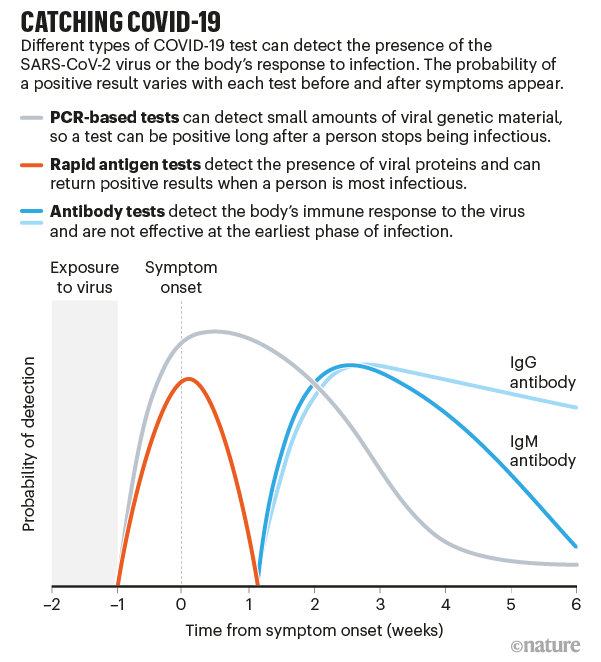 Fast Coronavirus Tests What They Can And Can T Do
Fast Coronavirus Tests What They Can And Can T Do
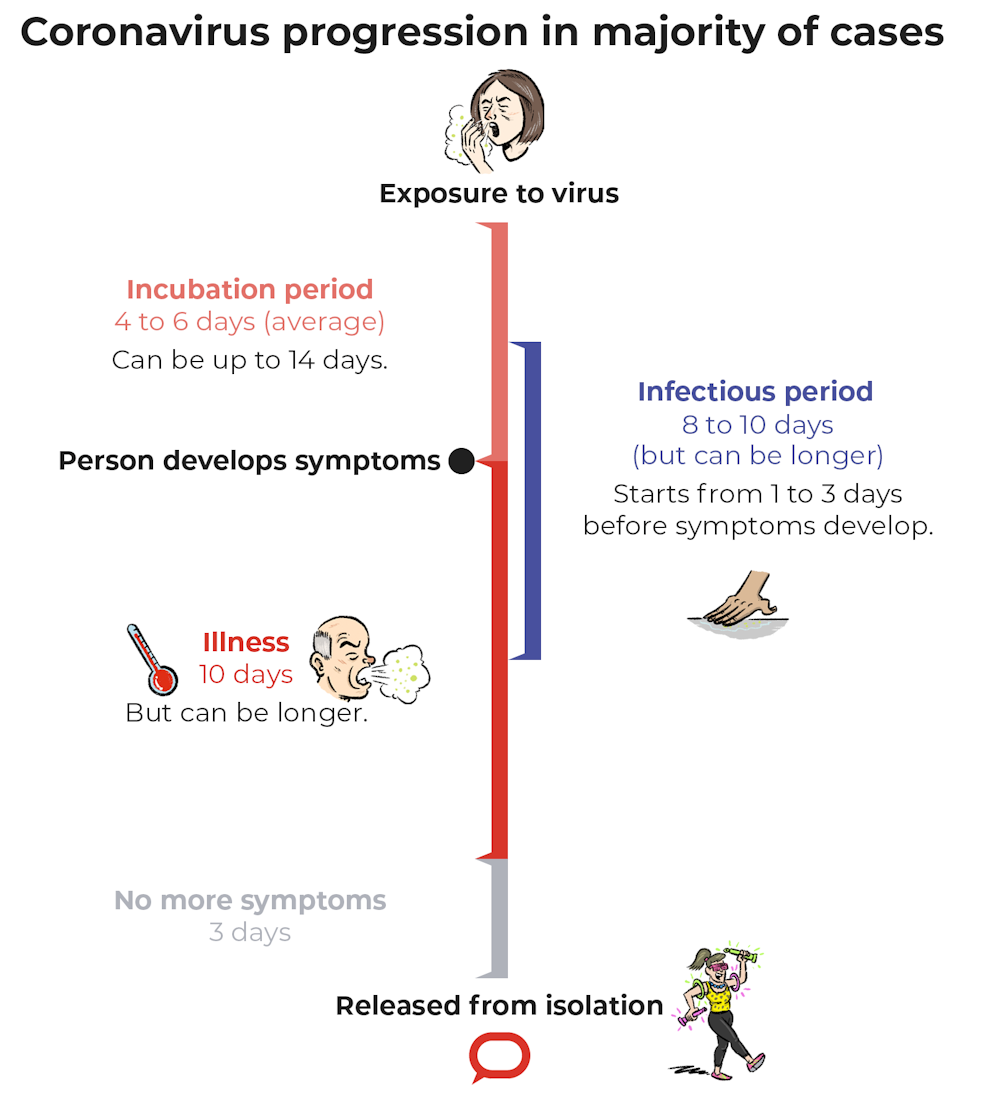 How Long Are You Infectious When You Have Coronavirus
How Long Are You Infectious When You Have Coronavirus
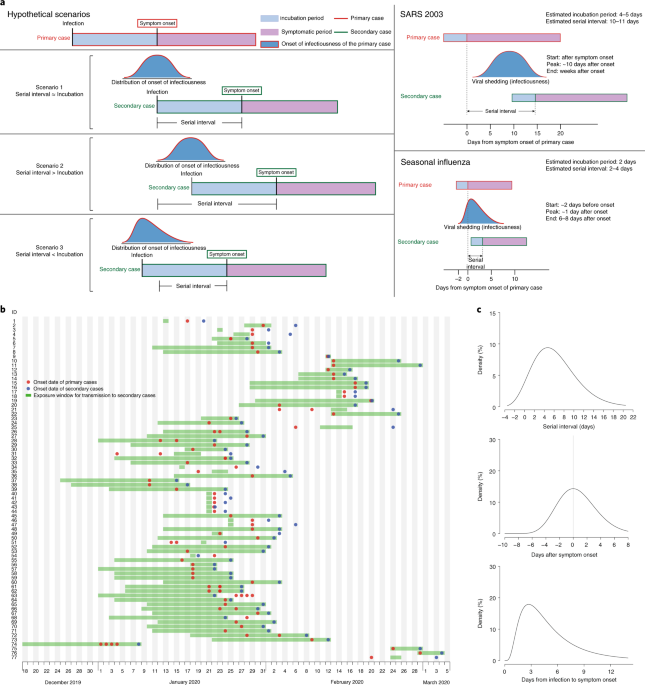 Temporal Dynamics In Viral Shedding And Transmissibility Of Covid 19 Nature Medicine
Temporal Dynamics In Viral Shedding And Transmissibility Of Covid 19 Nature Medicine
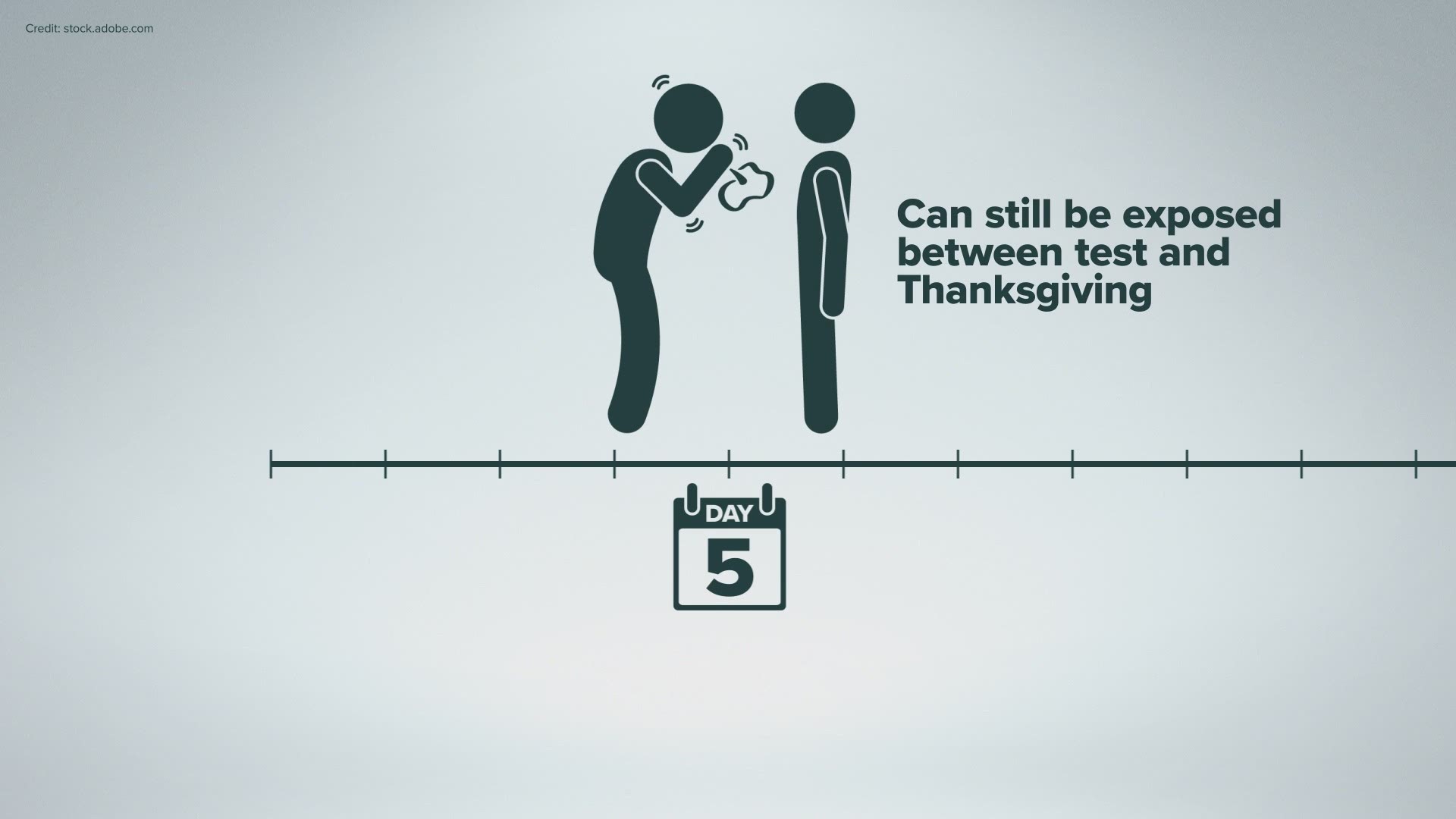 Why A Negative Covid 19 Test Doesn T Necessarily Mean You Aren T Contagious Wzzm13 Com
Why A Negative Covid 19 Test Doesn T Necessarily Mean You Aren T Contagious Wzzm13 Com
 What You Should Know About Quarantine Osf Healthcare
What You Should Know About Quarantine Osf Healthcare
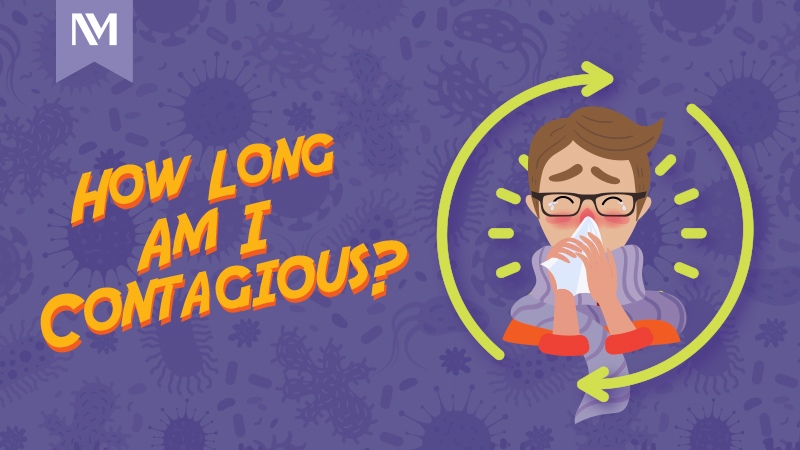 How Long Am I Contagious Infographic Northwestern Medicine
How Long Am I Contagious Infographic Northwestern Medicine

Comments
Post a Comment